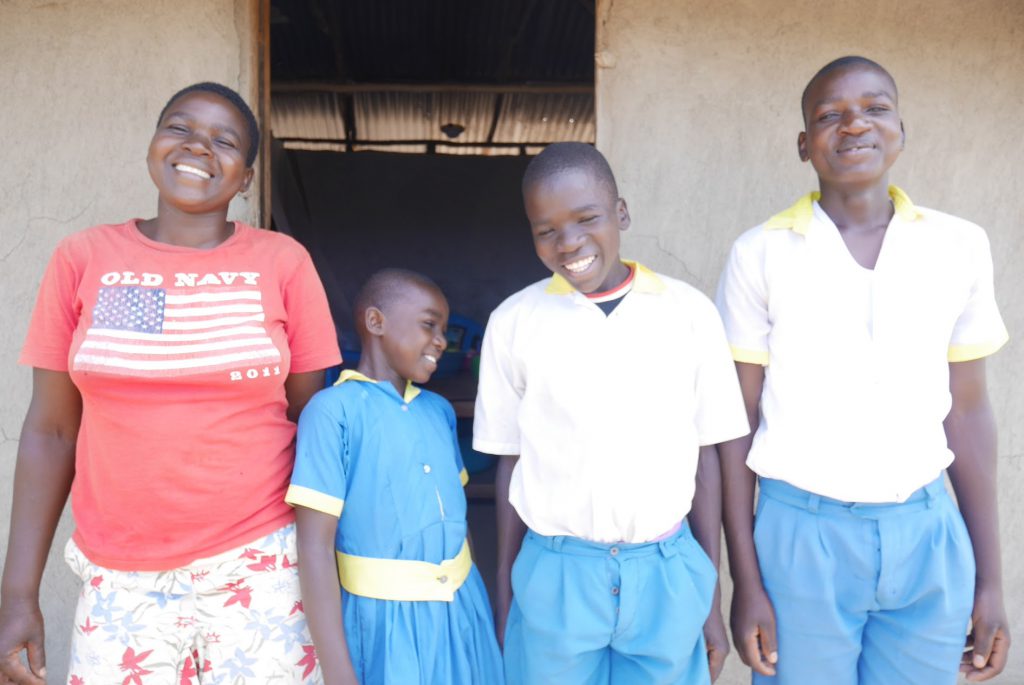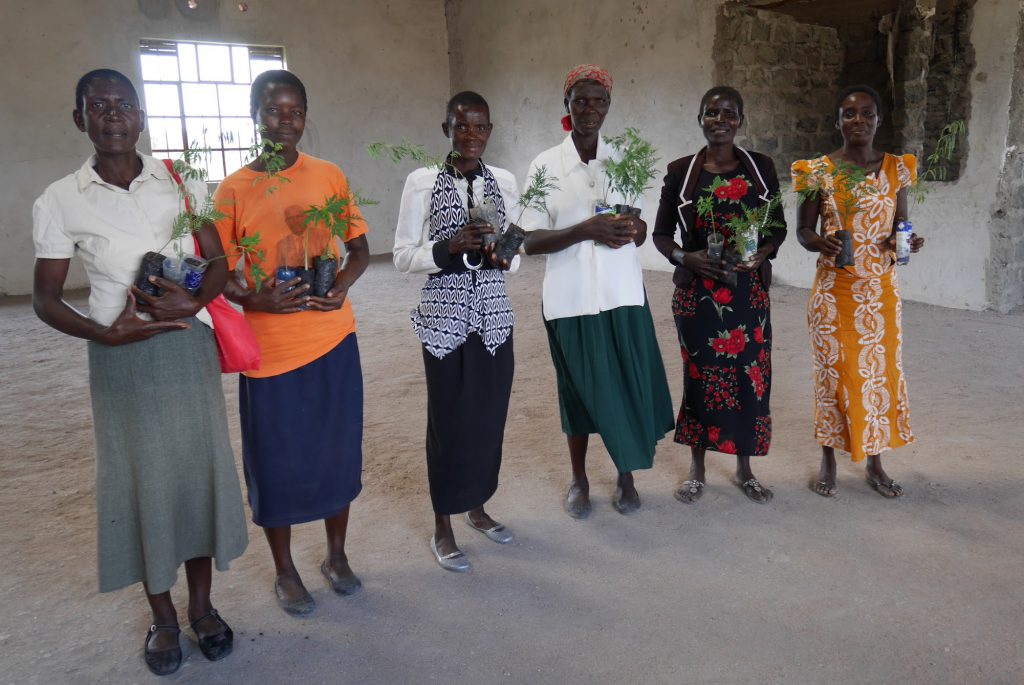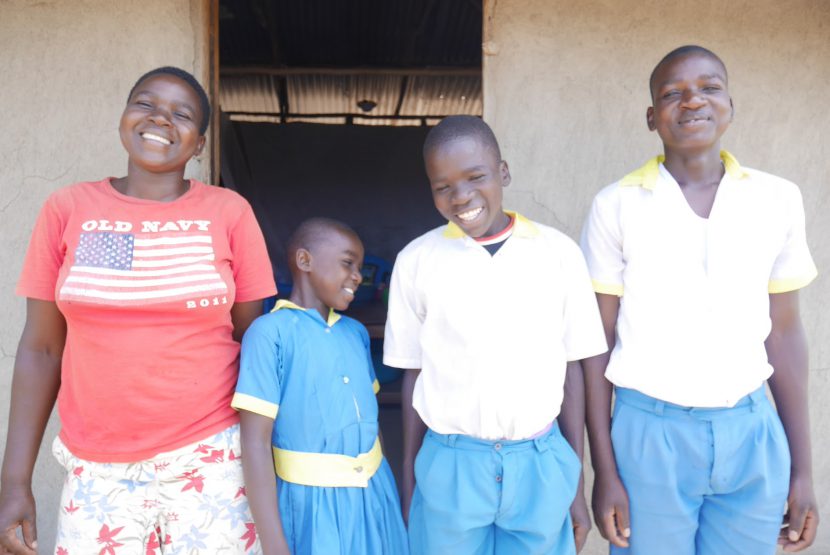HIV/エイズに影響を受ける子どもが教育へのアクセスを制限されるのは、
どうしてなのか?
今回は、家計と保護者の2つの側面からお伝えしたいと思います。

ケニアでは、8年間の初等教育の授業料は無償ですが、
実はそのほかにさまざまな費用がかかるのです。
制服や教材、補講、試験費用…
これらは各家庭が負担しなければなりません。
収入が低い家庭は学校にこうした教育費を支払えず、
一時的に通学ができなくなったり、留年したりすることがあります。
また、子どもたちが就学できない理由は、経済的な問題だけではありません。
保護者の教育に関する理解や態度が
子どもの進級・進学など教育に影響することもあるのです。
2016年にPLASが実施した調査では、
保護者の態度や自己効力感、次年度にかかる教育費に関する知識、
家計研修を受けた経験が高いまたは多いほど、
子どもの留年回数が少ないということが分かりました。
貧困状態にある家庭の保護者は
子どもが中等教育や高等教育への進学に積極的でないことが多いのです。
これまでPLASで支援をした家庭の中には、
進路を検討することができず、進路を決めなければならない
初等教育の最終学年には上げないように
わざと留年させているケースもありました。
中等教育に進めない子どもや、進学しても中退する子どもが多い中で、
将来の進路について、どのように考えるべきか、どのような準備が必要か、
情報を得たり考えるための支援がないのが現状です。
さらに、保護者も子どもの発達や教育に必要な役割を知る機会がなく、
子どもに働きかけができないという状況にあるのです。
では、子どもたちが学校に通い、初等教育を修了することで、
どんなよいことが起こるでしょうか?
・知識の獲得
・将来の経済状況の向上
・規則正しい生活リズムの定着
・自己認知や社会性の向上
・児童労働や早期の結婚・妊娠の予防
など、さまざまな効果があると言われています。

2019年5月7日から6月28日にかけて行ったクラウドファンディングでいただいたご支援で、
農業支援を行い、家計と保護者の健康を改善することで、
子どもが学校に通える環境を作っていきます。
あたたかいご支援と応援、ありがとうございました!
▼プロジェクト詳細・ご支援はこちらから
https://readyfor.jp/projects/agrikenya
In Kenya, 8 years of primary education is free, however there are other costs involved such as uniforms, school books, exam fees, etc, which each family has to provide for their children.
However low income families are unable to cover these costs, thus causing the students to temporarily drop out from school, or have to repeat a year.
Additionally, parents’/guardians’ attitudes towards education is also a vital factor in why children might not be able to go to school. In a survey that we conducted in 2016, parents’/guardians’ attitudes and their self-efficacy, their knowledge on the next years’ education fees affected whether they sent their children to school. It was also observed that the higher the number of finance management trainings that the parent/guardian had received, the less likely that their children repeated a year in school.
Among low-income families, most parents/guardians are not thinking about having their children continue onto secondary school. Among the families we have supported in the past, there were some who made their children repeat a year in order to prevent going up to the final year of primary school, as that would’ve meant that their children’s future path must be considered.
Currently, there is very little support regarding the provision of information on what children can do if they are unable to proceed to secondary school, or what sort of preparation is needed for their future plans. Moreover, many parents/guardians are unaware of the full benefits of education, and have limited opportunities to learn about this.
The possible benefits gained from children attending school are:
-Increased knowledge
-Improvement in their future economic situation
-Regular lifestyle
-Improvement in self-confidence and social skills
-Prevention of early marriage/pregnancies
-Prevention of child labour
